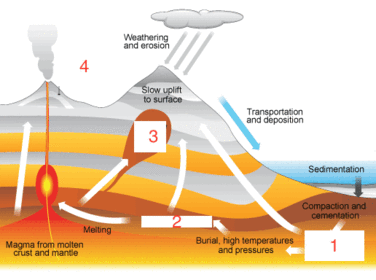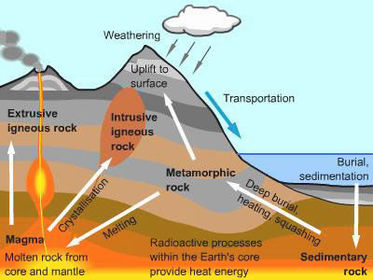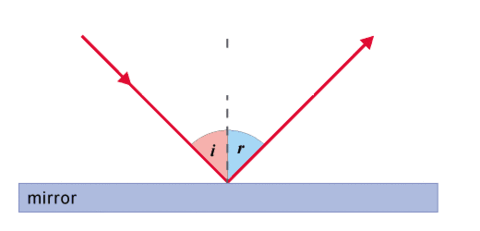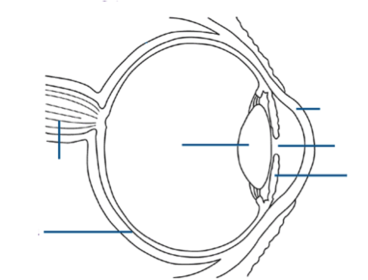End of year - Everything we did in year 8 - revision Topic List: respiration, nutrition & digestion, gas exchange, variation, periodic table, compounds & mixtures, atoms & elements, changing state, metals & non-metals, chemical reactions, rock cycle, heat transfer, waves, reflection & refraction, sight, colour, sound, hearing, energy. A LOT!!
Pin adicionado em
323
18
0
|
|
Criado por Luca Cameron
mais de 9 anos atrás
|
|
Fechar






